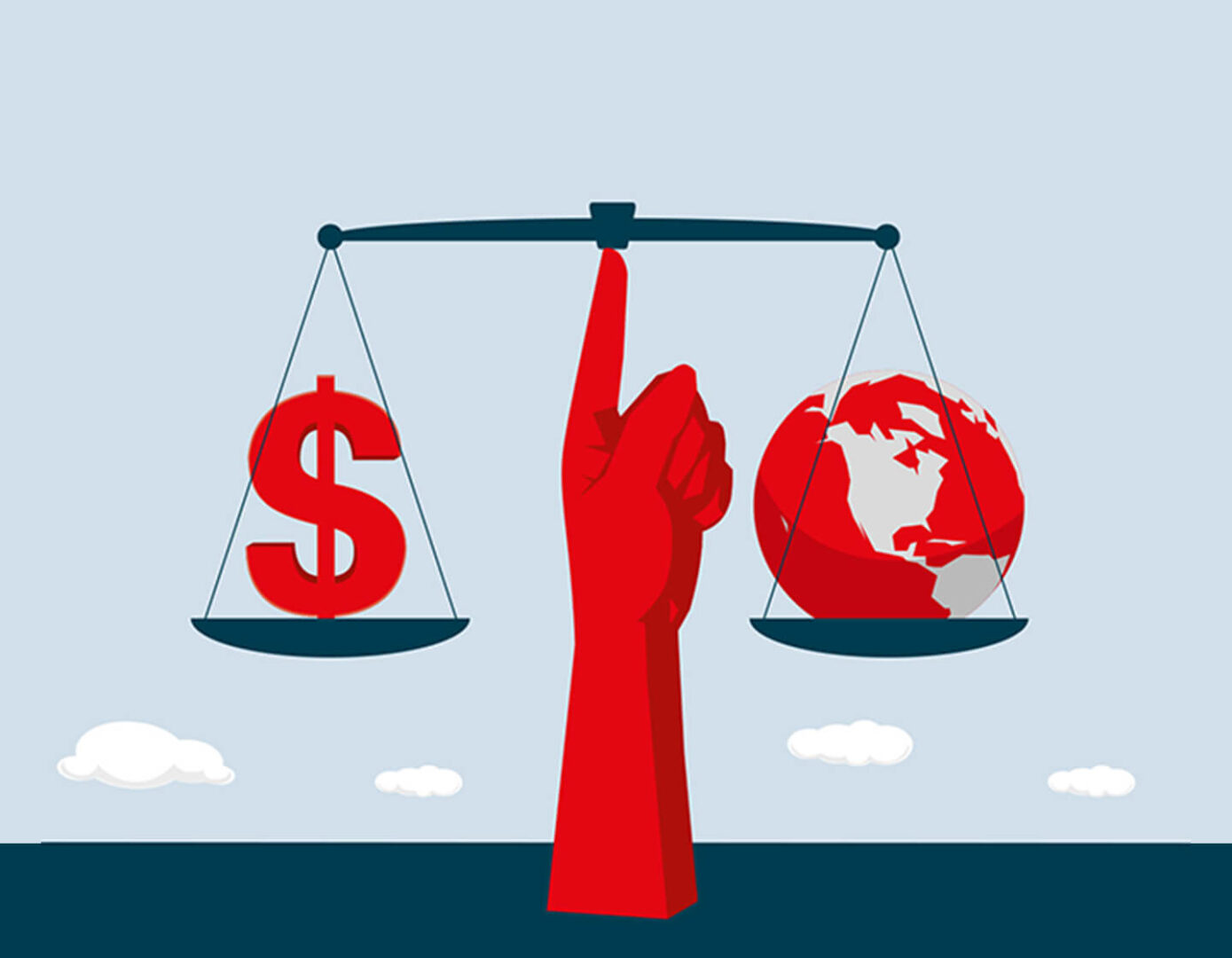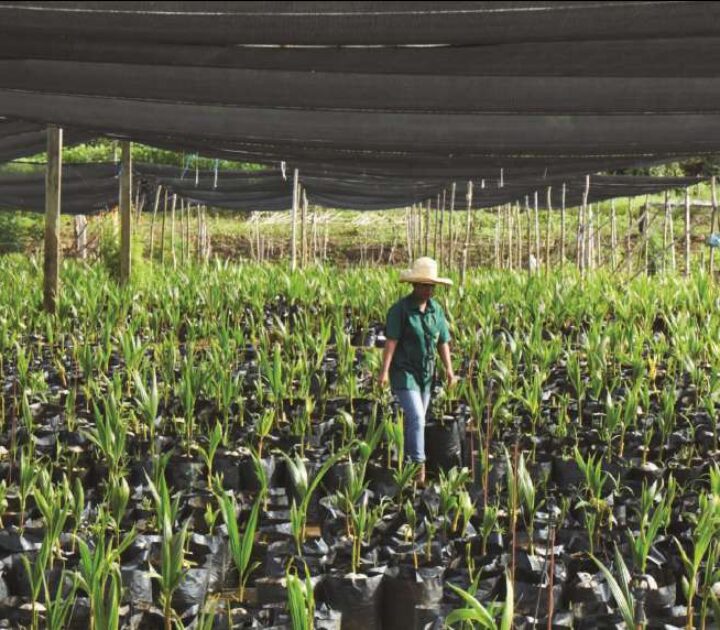
Why and how you should distinguish between stakeholders
Are executives supposed to manage the trade-offs between conflicting stakeholder interests? For example, between the interests of shareholders and supporting society to help manage a pandemic?
Executives need a practical criterion or objective for deciding how to allocate resources across various stakeholders; those who create value for the company must be treated differently from those wanting short-term pay-outs. Equally, stakeholders who benefit from the company’s largesse must be treated differently from those suffering the business model’s undesired side-effects.
After working with boards of directors and executives on stakeholder issues, Didier Cossin, Mahwesh Khan and I have shown in an article in the MIT Sloan Management Review that to reconcile shareholders with other stakeholders, executives must identify who will create long-term value – and avoid the value-destroying traps associated with others. They can make stakeholder capitalism work by doing three things:
- Focusing on the creation of long-term shareholder value as the objective and resisting the demands of short-term stakeholders
- Identifying, mobilizing and rewarding those stakeholders critical for the long-term value of the firm
- Avoiding the hidden risks in short-changing weak stakeholders
One of Europe’s most durable and financially successful companies, Royal DSM, the Dutch biotech sustainability champion with a market cap of over €20 billion, has applied these principles over time and especially during two major transformations, from coal mining to base chemicals and later from base chemicals to biotech products.
Resisting short-term stakeholder demands
In the short run, DSM’s board and management have avoided distributing cash to stakeholders who deplete long-term shareholder value. On one occasion, before activists could attack DSM ring-fenced a transient cash surplus in a separate foundation set up to support the company’s strategic vision. On another, they dismissed a call from the activist, Third Point, for the company to be split into two, with a new cost-savings initiative and the divestment of a division that didn’t fit the new vision.
DSM also explicitly rejected a proposal from a renowned consultancy to maximize near-term shareholder value as too short-sighted. And it resisted investment bankers’ advice to increase the debt ratio. DSM needed financial flexibility to finance the transition from chemicals to biotech.
Mobilizing the value-critical stakeholders
Tomorrow’s corporate champions will be firms that use today’s cash flow to increase long-term shareholder value, involving as many stakeholders as possible in win-win initiatives. These are based on a corporate purpose that mobilizes stakeholders, supported by relationships based on trust, a positive culture and expectations of rewards.
It cannot be a matter of public- relations gestures. They require more rewards for stakeholders up to the point where no additional long-term value is created for the company. Short-term shareholders, activists and some CEOs may not like it, but it is what’s needed to increase the firm’s long-term value.
DSM’s first major compact was with the Dutch government, which gave it the license to exploit coal deposits and, later, gas fields provided it didn’t exploit workers or local communities. When transitioning to a biotech company, the key compacts were with the managers transforming the business portfolio.
Top management conducted business strategy dialogues with these stakeholders and signed a strategic value contract based on the resources required and mutually agreed key performance indicators reflecting how the development of new business would shape their compensation.
Creating value with weak stakeholders
It is often tempting to increase short-term gains at the expense of weak stakeholders, and this is difficult to resist because the negative side-effects are often delayed. There may be little apparent danger in extracting value from unprotected employees, weak customers and partners; from short-changing society by gaming the tax code; from the degradation of the physical environment; or from stifling competition and developing a monopoly.
However, value extraction creates hidden risks, as BP discovered when — after prioritizing low costs — it had to pay $65 billion for the damage from the oil rig explosion in the Gulf of Mexico.
Instead of trying to extract value from weak stakeholders, DSM has tried to turn them into value creators. To preserve its compact with the government during the first transformation, DSM reskilled some of the 25,000 miners for employment in the new chemicals division and found others employment in a nearby car and truck factory.
More recently, DSM has become a champion of environmental sustainability by tying executive compensation to sustainability as the corporate purpose. To fight COVID-19 it has launched an open collaborative digital platform, UNITE4COVID, to generate solutions for healthcare professionals. DSM provides social aid linked to its biotech strategy, enhancing the brand and increasing its attractiveness as an employer.
All initiatives are tied to the value of the firm. The company is clear about the importance of creating long-term value for shareholders. According to its CEO Geraldine Matchett, “You have the privilege of being a purpose-led organization, if — and only if — you deliver on financial performance.”
Research Information & Knowledge Hub for additional information on IMD publications

in Harvard Business Review May-June 2024, vol. 102, issue 3



Research Information & Knowledge Hub for additional information on IMD publications
Research Information & Knowledge Hub for additional information on IMD publications
Research Information & Knowledge Hub for additional information on IMD publications
Research Information & Knowledge Hub for additional information on IMD publications
in Harvard Business Review May-June 2024, vol. 102, issue 3
Research Information & Knowledge Hub for additional information on IMD publications
Research Information & Knowledge Hub for additional information on IMD publications
Research Information & Knowledge Hub for additional information on IMD publications
Research Information & Knowledge Hub for additional information on IMD publications
Research Information & Knowledge Hub for additional information on IMD publications
Case reference: IMD-7-2282 ©2022
Research Information & Knowledge Hub for additional information on IMD publications